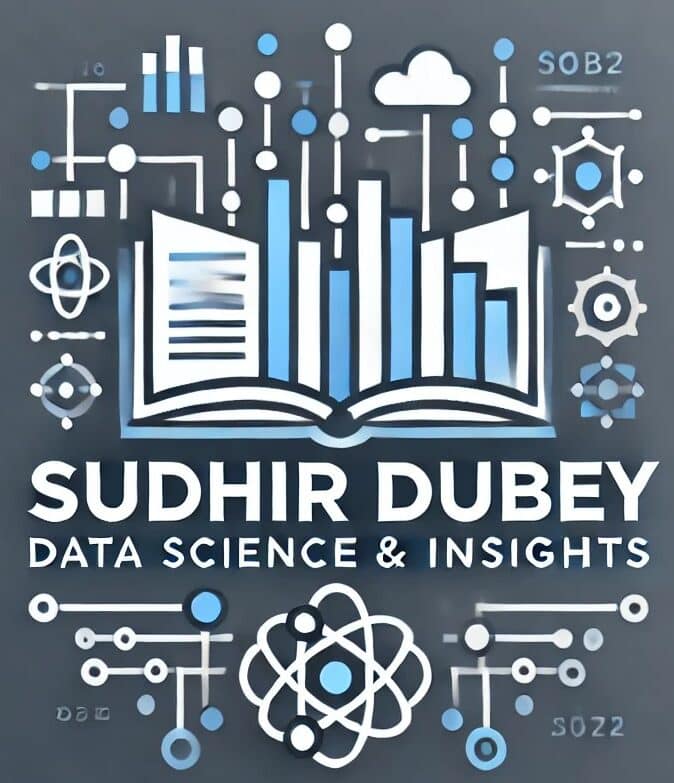AI-Powered Financial Services: Essential Advancements in 2025
In 2025, the integration of AI in FinTech is revolutionizing financial services. As AI continues to advance, financial institutions are finding smarter ways to leverage data science and machine learning for innovation. With a focus on precision, efficiency, and personalization, AI in financial services is not just a trend but a necessity. For AI and data science professionals, understanding these essential advancements provides a competitive edge in a rapidly evolving landscape. This article delves into the transformative role of AI in FinTech, exploring applications, frameworks, and emerging trends that are shaping the future of financial services.
Table of Contents
The Rise of AI in Financial Services
AI has permeated financial services, reshaping how institutions operate and innovate. From customer service chatbots to predictive analytics in investment, AI offers unparalleled opportunities for enhancement. Financial organizations now harness AI to automate routine tasks, reduce fraud, and provide personalized customer experiences. The sector witnesses a significant shift as AI-driven tools improve efficiency and decision-making processes, crucial for remaining competitive in today’s market.
Frameworks and Technologies
Machine Learning Frameworks
Frameworks like TensorFlow and PyTorch are pivotal for developing AI models in financial services. These platforms offer robust tools that cater to the high complexity and data-intensive nature of financial operations. For AI practitioners, mastering these frameworks is critical.
Natural Language Processing (NLP)
NLP technologies have revolutionized customer interactions by enabling smarter data extraction from unstructured sources such as emails and customer service calls. This allows for more nuanced insights and better customer service capabilities.
Emerging Trends in AI and FinTech
Personalization and Hyper-Personalization
As data becomes more abundant, the ability to deliver personalized financial services increases. AI engines analyze customer data, predicting needs and offering tailored services that enhance user satisfaction and loyalty.
AI-Driven Risk Management
AI’s capability for risk prediction and management has transformed the financial industry. Advanced algorithms assess potential risks more accurately, enabling proactive decision-making and better compliance with regulatory demands.
Real-World Examples
Consider JPMorgan Chase, which uses AI for contract analysis through its proprietary tool COIN. This system saves the bank significant costs annually by automating document review processes previously handled by humans. Similarly, companies like PayPal utilize machine learning for fraud detection, showcasing AI’s impact in maintaining security and trust.
Future Outlook
Looking ahead, AI’s role in financial services is set to expand further. The emphasis will likely grow on integrating AI with emerging technologies like blockchain to enhance transaction transparency and security. Financial professionals should stay informed of these advancements and consider upskilling in relevant AI and data science technologies to remain relevant. By harnessing AI, financial institutions can drive innovation and efficiency like never before.
FAQs
What are the primary benefits of using AI in financial services?
AI enhances efficiency, reduces costs, improves customer experience, and strengthens fraud detection capabilities.
How does AI personalize customer interactions?
AI uses data analytics to understand customer behavior, offering tailored recommendations and services based on past interactions.
Can AI help with compliance in financial services?
Yes, AI can streamline regulatory compliance by automating data collection and analysis tasks, ensuring adherence to established norms.
What are the challenges of implementing AI in financial services?
Challenges include data privacy concerns, integration complexity, and the need for skilled professionals to develop and maintain AI systems.
Conclusion
AI is reshaping financial services, offering tools for enhanced decision-making, risk management, and customer interactions. As AI technology advances, the potential to transform this industry will only grow. To stay ahead, professionals should consider furthering their knowledge in AI and data science domains. Readers are encouraged to explore more AI content on AI Blogs, Data Science Blogs, or subscribe to our updates by staying connected.



